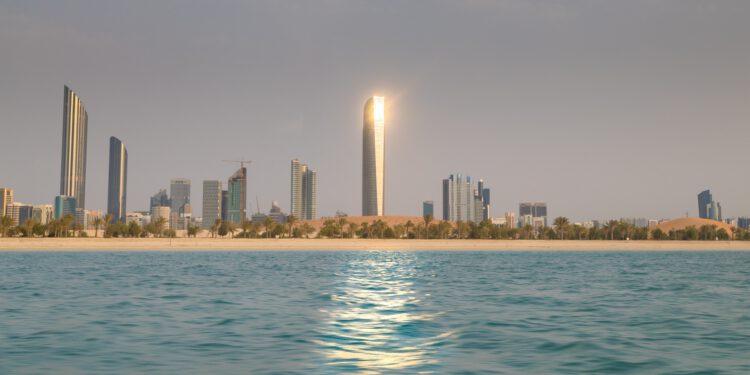The United Arab Emirates is the first country to have created a portfolio and a post of minister of Artificial Intelligence.
Omar bin Sultan Al Olama has been elected to office. His is an unusual mission for a politician, although the name given to his office is even more striking: minister of Artificial Intelligence.
In the United Arab Emirates it seems clear that artificial intelligence plays on many fronts. Not only will it be relevant at a technical level but it will influence areas as important as the economy and even the social sphere.
Al Olama, who is 27 years old and has worked in government positions related to new technologies, has been determined to putting UAE at the forefront of artificial intelligence. Institutional support is essential for the country to gain leadership.
Although the Artificial Intelligence portfolio will be transversal, as its movements will affect other ministries. And is that Al Olama has indicated that this technology will be decisive in areas such as education, safety or health.
As for the training of the new generations, the minister of Artificial Intelligence has even pointed out that perhaps this technology can better distribute the talent of students. Thus, an algorithm would be able to predict more effectively in which areas a student can excel. It would be one more factor for him to decide his path.
In the area of medicine, robots, as well as AI-based diagnostics and treatmentsthey’ll be the norm. That’s what the minister of Artificial Intelligence expects at least. Cost savings for the State in this sector are expected to be significant. The country’s government estimates that basing public services on AI would result in cost savings of 50%.
An example of this is the 250 million transactions that are carried out on paper each year. Its balance today is 190 million hours and 1,000 million kilometers. All this bureaucracy would be handled very differently with the help of AI.
The truth is that the UAE’s Artificial Intelligence strategy it covers a number of broad sectors. The government has summarized them in nine: transport, health, space, renewable energy, water, technology, education, environment and traffic.
Images: Robert Haandrikman, stilldavid








